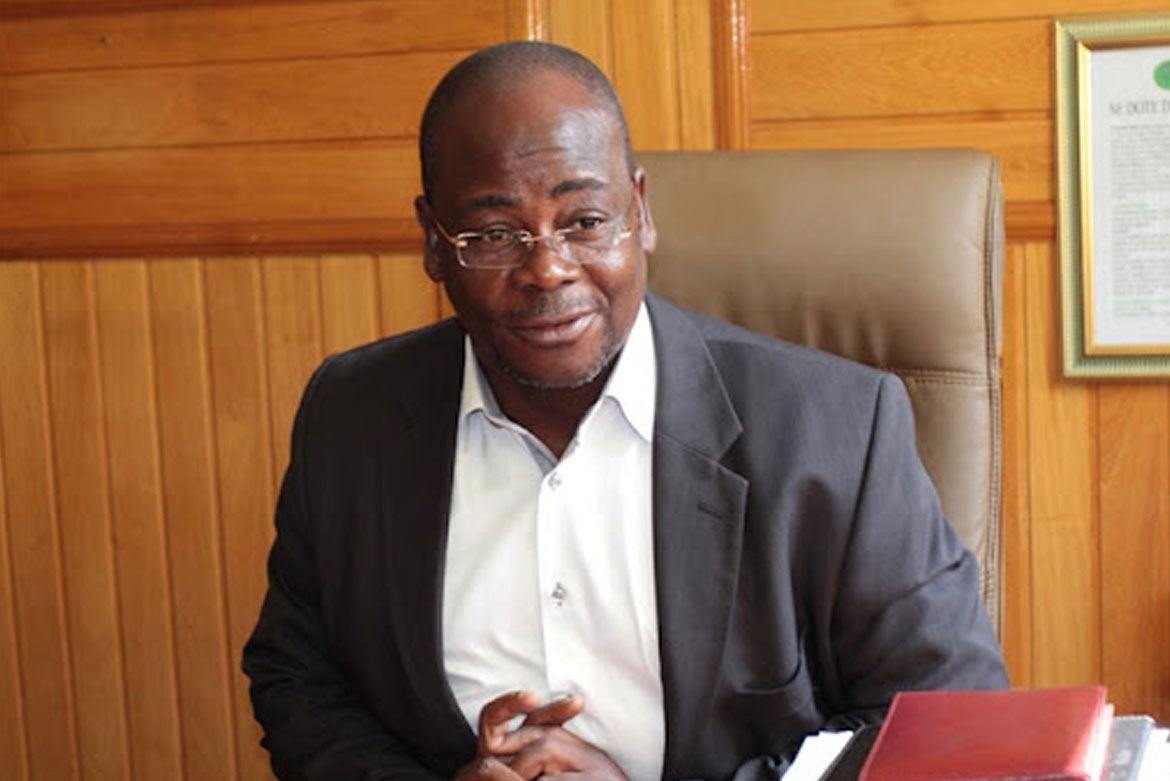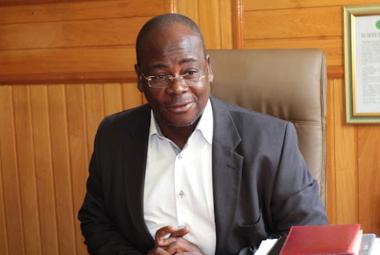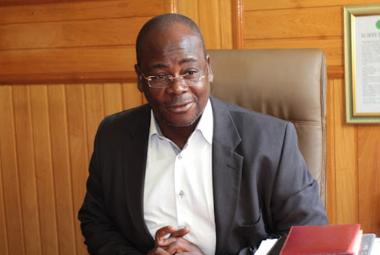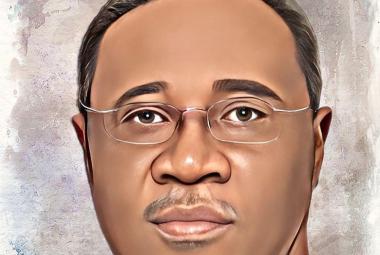I recently heard on Radio France International that France was looking for several thousand engineers of all kinds that it lacks to make its businesses work properly. And, guess where it's looking for them right now, those thousands of engineers. Of course with us. The report had presented the case of Tunisia where recruiters went to look for engineers who were too happy to find work in France. They had spoken of Morocco and Senegal where headhunters also went looking for rare birds, but this can concern all our countries where many engineers are trained and often left behind. Eh yes ! France does not train enough of them, we train a lot of them but often we do not know what to do with them. Because, due to a lack of planning, everyone will train as they can, or as they want, according to their tastes, without worrying too much about whether the country really needs their skills or has the means to use them. Thus, for some time now, we have been told of thousands of doctors in I don't know what, who are looking for work and are heard loudly from time to time. And meanwhile no one has yet found the time to build machines to free our women from mortars and pestles and our peasants from machetes and daba.
And here we are again in this paradox where Africa, the poorest continent in the world, the one that needs the most brains to ensure its development, in shape at great expense, to give them to rich countries. The phenomenon is not new. For a long time, in the face of the decay of our school systems, those of us who can afford it have sent their children to study in Europe or America. And generally, it's the most dull ones, those who haven't managed to find a place there, or those who aspire to lead us who come back. Either they come back to work in the branches of European or American companies based here, or to work in ministerial or presidential offices.
What about our development? Of course, when one of our compatriots distinguishes himself there, when he reaches very high positions of responsibility, we take legitimate pride in it. But concretely, what does he bring to our development, apart from a big house that he will build in a chic neighborhood and perhaps a few shares that he will buy in a few companies listed on the Paris or New York?
But who can blame whom for this state of affairs? Who among us does not dream of having his son, his daughter, his sister, his brother, his nephew, his senior niece in a large company in Europe, Canada, Australia or the United States? Who would encourage his relative in such a position there to come back here, if not for his retirement or to be a great chief? It is the same for top athletes, or for the most talented of our artists. What footballer with a little gift wants to make a career at the Football Club of Daoukro, Sacraboutou of Bondoukou or Africa Sport of Abidjan? What should we do then? To be at the level of other countries or at least to get closer to them, we need talent. But how to preserve them once they are formed? How to prevent them from fleeing or going to the highest bidder? How to sensitize them so that they resist the siren songs of companies from already developed countries? It's not simple. How did the other countries manage to emerge, by sending their executives to train in the best Western universities?
In truth, few of our countries have real plans to keep their best-trained executives at home. Some even make the short-term reasoning which consists in saying that if these executives have good jobs abroad, they will be able to send money to their relatives back home. And these countries make their budget forecasts based on what their diasporas send home each year. We might benefit from taking a closer look at Asian models. How have countries like South Korea, Malaysia, Singapore, Thailand, or India been able to raise their heads to be where they are?
By Venance Konan
*This article has been translated from French into English by Marcus Boni Teiga




















